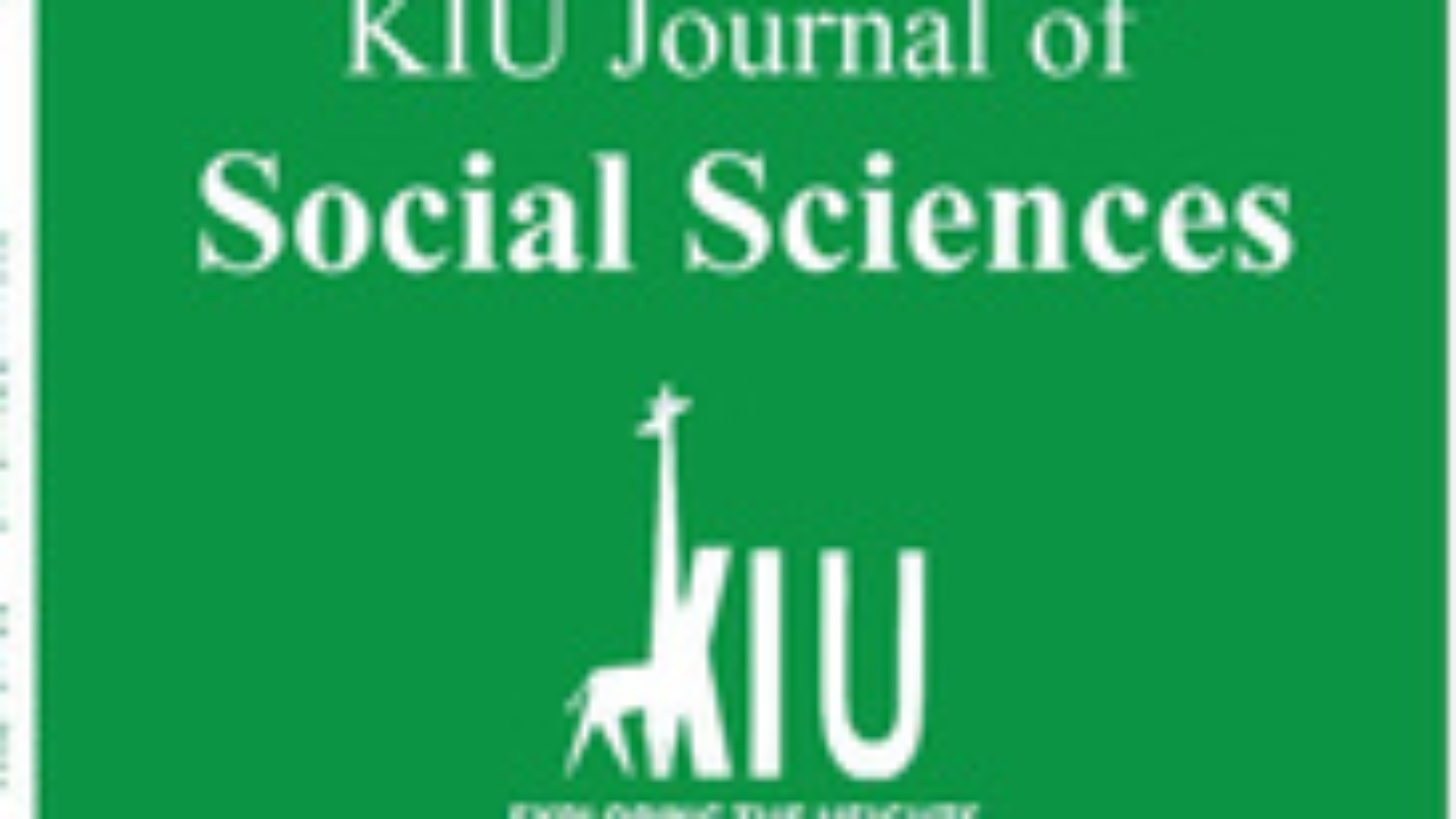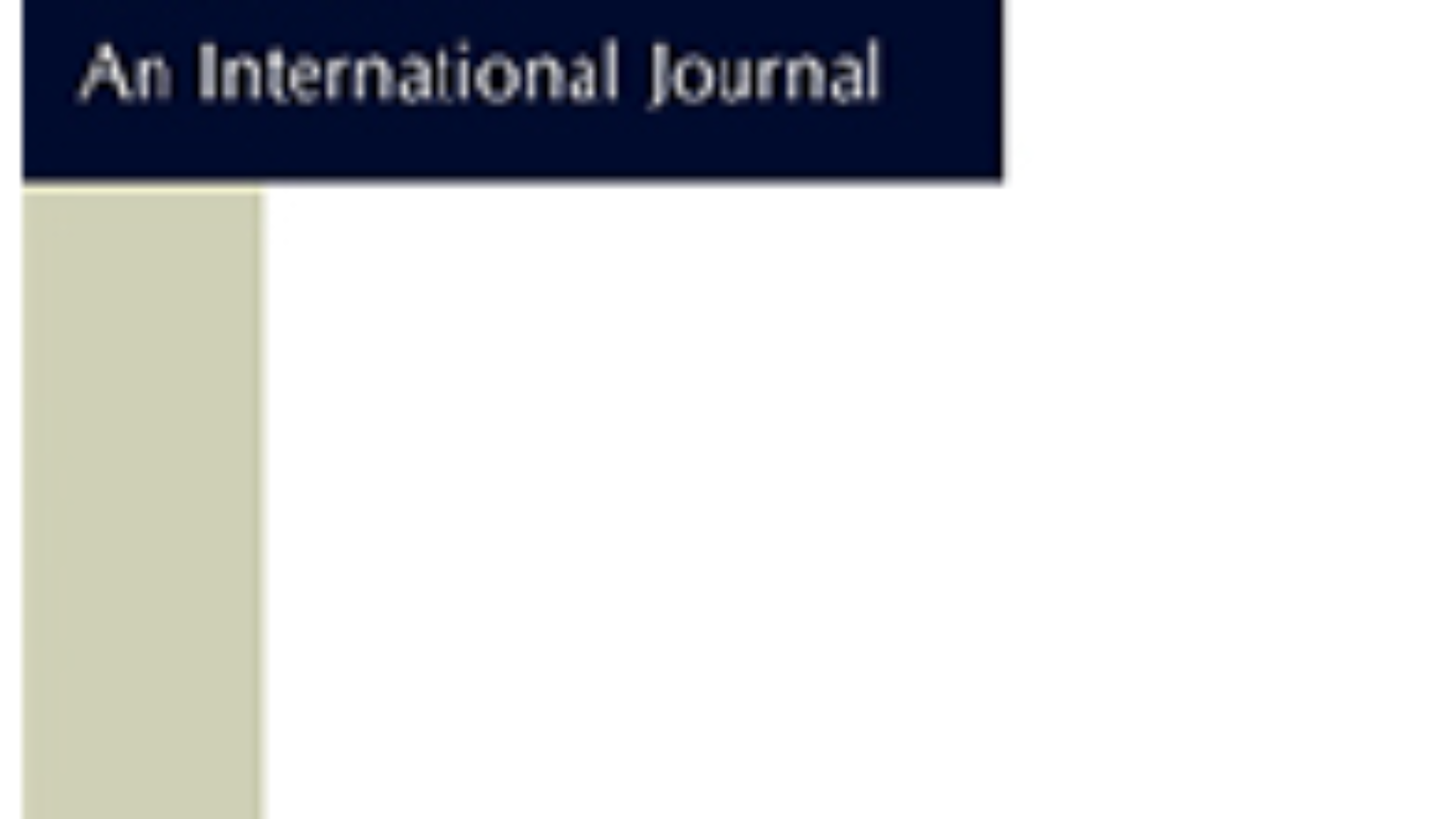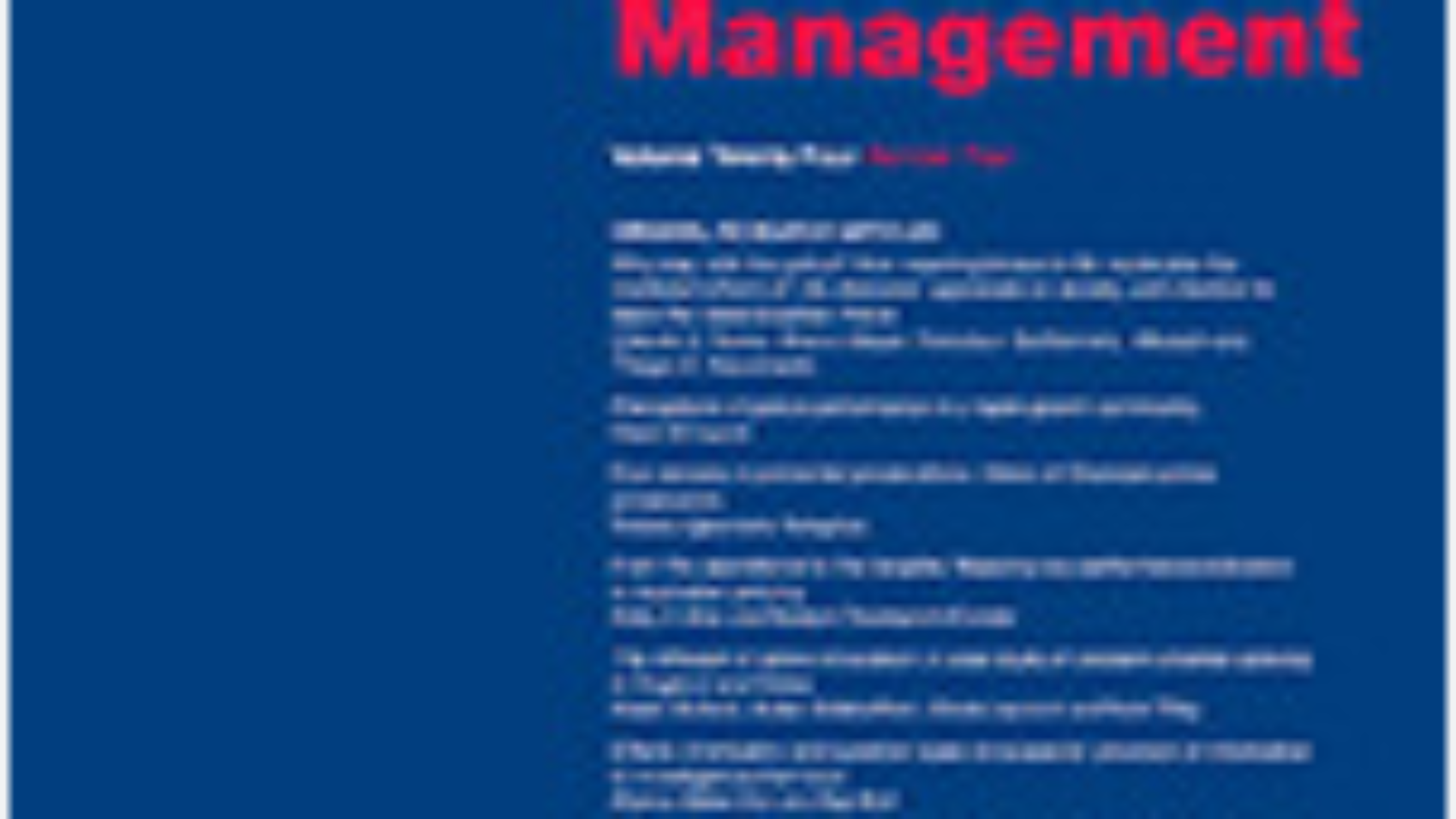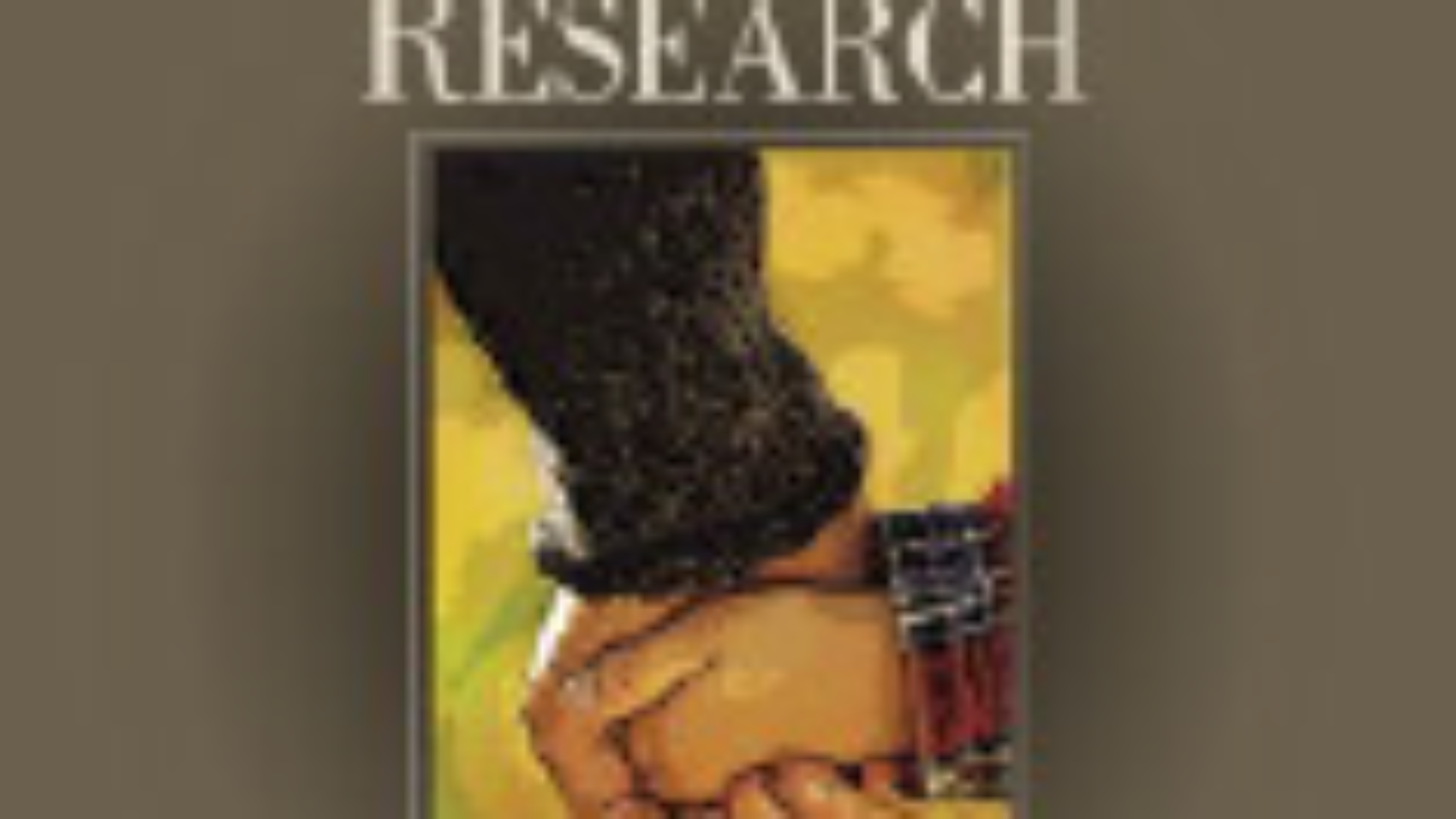Scholarly works on crime and policing are yet to accord much attention to the phenomenon of juju practice and criminality. Indeed, while accounts of survivors of juju-oaths and juju-using criminals have been considerably documented, limited empirical studies have attempted to examine the awareness, beliefs, perception and experiences of law enforcement officers in their dealings with criminals that deploy the use of juju for protection against apprehension. Therefore, an exploratory approach was used to to fill in the gaps in existing knowledge on police belief and response to the use of supernatural powers for the perpetration of crime and crime-fighting. The methodology employed qualitative data obtained through interviews with investigative police officers of selected divisional offices within Ogun state. Results suggest a high level of awareness, belief and positive perception of police officers to juju practice in criminalities and crime-fighting. Police officers‟ adoption of juju powers as a counterforce to combat juju-using criminals appears to be on the increase while they advocate for the recognition of the potency of juju rituals by the criminal justice system. Government and police authorities should recognize, orientate, regulate, and engage juju practice and priests, and maintain sound police-community relations in tackling juju-using criminals.
Aborisade, R.A. & Adedayo, S.S. (2020): Nigerian Police Officers’ Perception of the Power and Potency of Juju (Black Magic) For Criminalities, KIU Journal of Social Sciences, 6(2) 147-159







